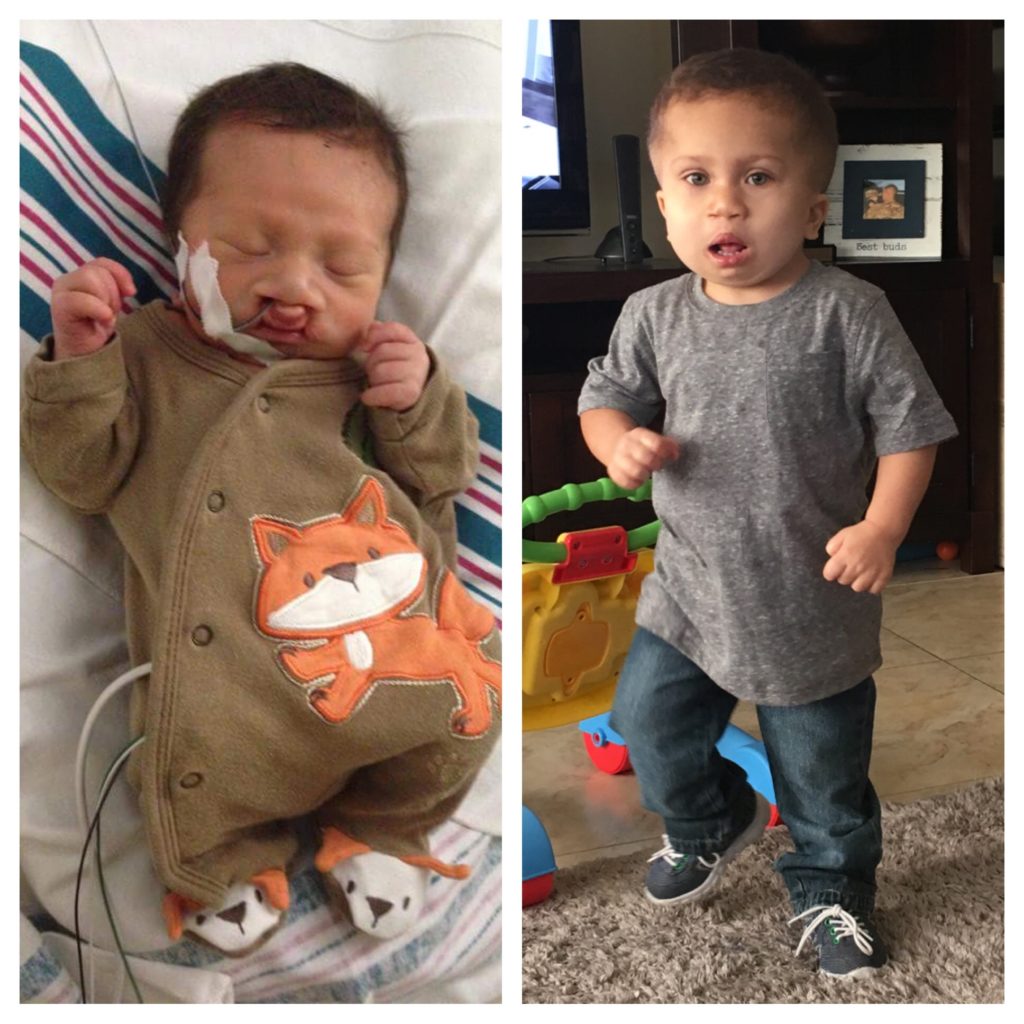Early Intervention
Why Early Intervention?
The relationships children have with their parents and other caregivers are important to early childhood development. These relationships are the foundation of the Early Steps approach to promoting child development. Early Steps services are based on Early Steps evaluations and your family’s concerns, priorities, and goals. Early Steps uses a Team Based Primary Service Provider approach which aims to empower each eligible family by providing a comprehensive team of professionals from the beginning of services until the age of three.

The goal is for the family to receive strong support from a comprehensive team of professionals from beginning to end, and for the family to have fewer appointments and more time to be a “family.”

Services are provided to the family and child where they live, learn and play, to enable the family to implement developmentally appropriate learning opportunities during everyday activities and routines.
Features of Early Steps:
- Brings services into the child’s life.
- Maximizes each child’s everyday natural learning opportunities.
- Enhances each child’s development and participation in community life.
- Provides each child with a consistent team for evaluation and services.
- Gives families options in service decisions and encourages active partnerships.
Who Can Receive Services?
Children birth to 3 years old who demonstrate a significant developmental delay as measured through standardized developmental testing or who are at risk of developmental delay because of a medical or psychological diagnosis are eligible for services through the Early Steps program.
Children birth to 3 years old that have an AT RISK identified condition will receive developmental surveillance services through the Early Steps program.
Eligibility for the program is not based on family income
Imagine the Possibilities!!!
What Is A Developmental Delay?
When a child does not gain new skills and abilities in a reasonable pace and timing that other children do, that child is said to have a “developmental delay.” Additionally, when children stop doing a skill they once possessed, a delay may be present.
Parents may be the first to notice their child is not progressing like other children. Developmental delays vary widely in the impact they may or may not have later in life.
What are Developmental Milestones?
From the Centers for Disease Control and Prevention (CDC):
See the CDC checklist for ages 2 months – 5 years old

